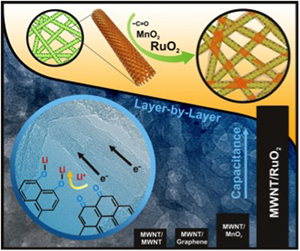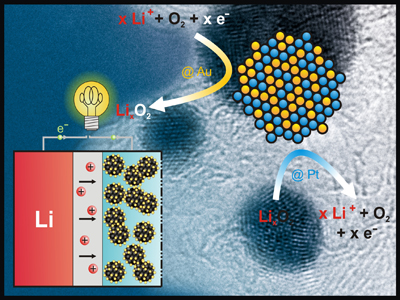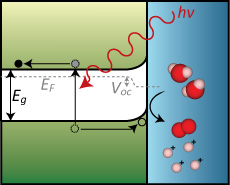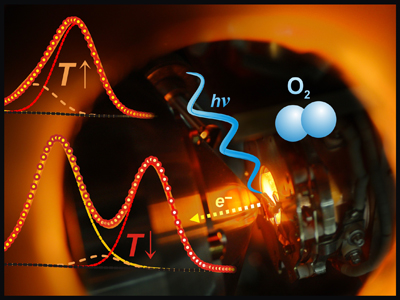Research
Our research programs are centered on understanding the electronic structures of surfaces, with emphasis on metal oxides, searching for descriptors of catalytic activity, surface/interface reactivity and ion transport, and applying fundamental understanding to design materials for oxygen electrocatalysis, CO2 reduction, ion intercalation and ion conductors, in electrochemical/photoelectrochemical energy conversion and storage, including lithium-ion, flow and metal-air batteries, proton exchange membrane and solid oxide fuel cells.
Our programs include extensive experimental components including synthesis of well-defined surfaces and nanostructured materials, and investigation of processes at the surfaces/interfaces using electrochemical methods coupled with ex situ and in situ X-ray-based and electron-based spectroscopy. These experimental components are used in conjunction with Density Functional Theory computation efforts to develop new, physically based reaction mechanisms and design principles of materials.
 Nanomaterials
for Clean Energy |
 Electrocatalysis at
Low Temperatures |

Photoelectrocatalysis
|

Electrocatalysis at
High Temperatures |
EEL Lectures
Energy Seminar at Stanford University Energy Storage: Current and Future by Prof. Yang Shao-Horn.
World Economic Forum Developing Novel Materials for Lightweight, Long-life Battery Technologies by Prof. Yang Shao-Horn.
MARVEL Distinguished Lecture The Future of Electrochemistry by Prof. Yang Shao-Horn.
MIT TechTV Science and Technology for a Clean Energy Future by Prof. Yang Shao-Horn.

